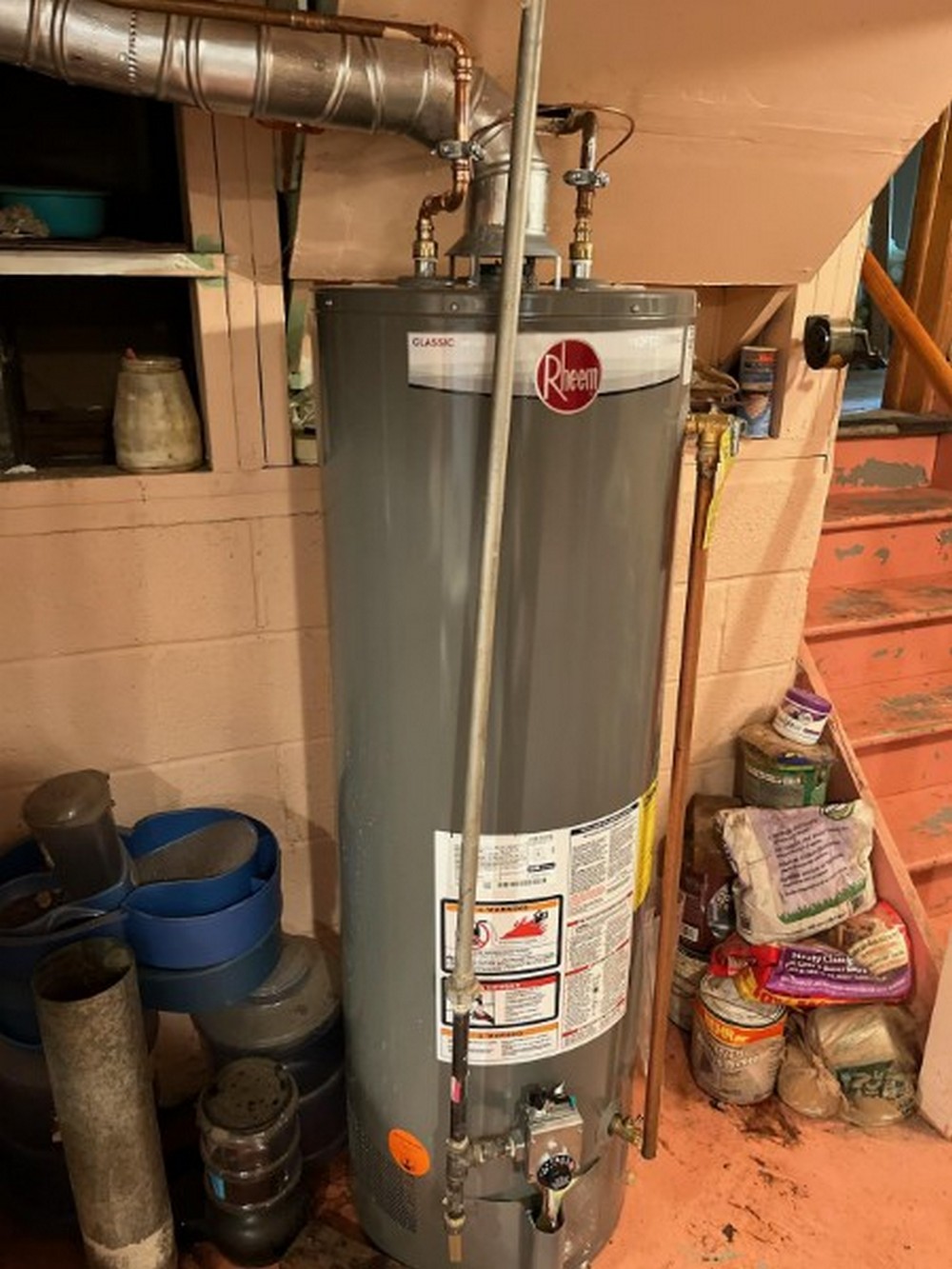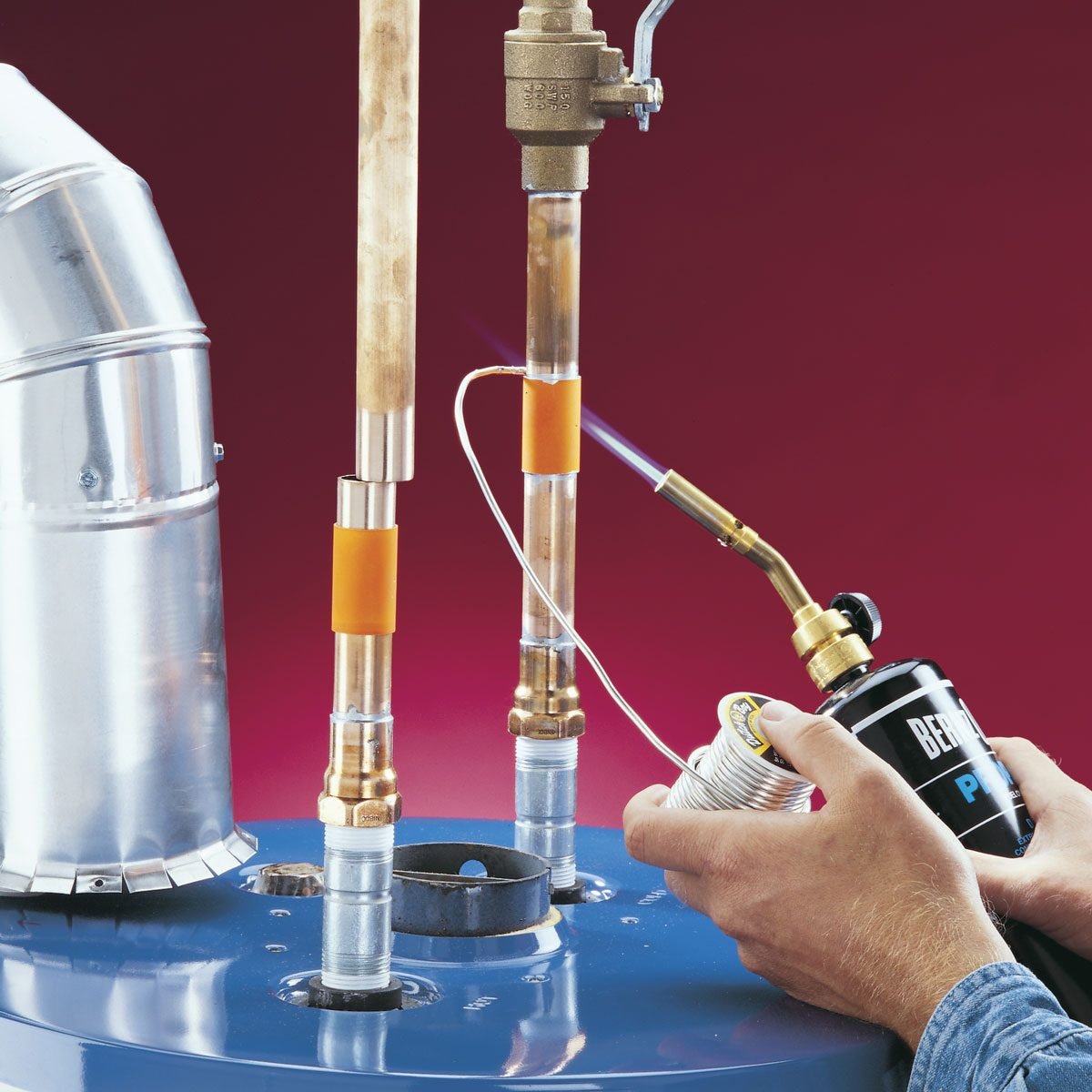Water Heater Installation for Better Hot Water Efficiency and Effectiveness
Water Heater Installation for Better Hot Water Efficiency and Effectiveness
Blog Article
Complete Overview to Water Heating SystemInstallment and Replacement
Understanding the complexities of water heating system installment and replacement is important for home owners looking for to ensure effectiveness and dependability in their warm water supply. From choosing the appropriate type and size to performing a seamless setup procedure, several factors should be thought about to stay clear of common pitfalls. This guide will offer you with the essential steps and insights to navigate the complexities of this home improvement job, while likewise highlighting important upkeep practices that can prolong the life of your system. As you explore these aspects, you might find on your own reassessing your existing arrangement and recognizing locations for renovation.
Kinds of Water Heating Systems
When thinking about hot water heater installation and substitute, it is important to understand the numerous kinds of hot water heater available on the market. The most usual types consist of storage tank water heating systems, tankless water heating systems, heatpump hot water heater, and solar water heating systems.
Storage tank water heating systems are typical systems that keep a specific quantity of warm water, making them easily offered when required. In comparison, tankless water heating systems offer warm water on need, eliminating the demand for storage.
Heatpump water heaters utilize electricity to transfer heat from the air or ground to heat water, using significant energy financial savings however needing even more room and specific installment problems. Solar water heating systems harness solar power to heat water, providing a green choice with possible lasting price financial savings, although they commonly require a backup system for over cast days.
Understanding these alternatives makes sure notified decisions pertaining to setup and substitute, dealing with certain requirements and choices.
Choosing the Right Size
Picking the appropriate dimension for a hot water heater is vital to make certain ideal performance and effectiveness. A device that is as well tiny will battle to fulfill family demands, resulting in irregular warm water accessibility and enhanced energy consumption. Alternatively, a large hot water heater can lead to unnecessary power waste and greater energy expenses.
To establish the best dimension, consider the family's height warm water use. This can be computed based upon the number of residents and their common warm water needs. A household of 4 might call for a water heating unit with an ability of 50 to 80 gallons, depending on the usage patterns, such as synchronised showers and washing.
Furthermore, examine the recovery price, which measures exactly how promptly a heating unit can replenish hot water after it has actually been utilized. For tankless models, emphasis on the flow rate, measured in gallons per minute (GPM), to guarantee it fulfills the home's synchronised demand.

Installment Process Review

Next, the old device should be separated and gotten rid of, taking care to adhere to neighborhood codes and policies regarding disposal. When the old device is out, the brand-new water heating unit can be positioned in position. This action includes linking the supply of water lines, ensuring that all installations are leak-free and safe.
After establishing water links, it's necessary to connect the power supply, whether electrical or gas, following the manufacturer's instructions diligently. Once all connections are made, the system ought to be filled up with water, and the power can be transformed back on. Ultimately, it's crucial to look for leakages and make sure the hot water heater is operating appropriately before finishing the installment process.
Usual Installment Mistakes

Another frequent error is disregarding to follow local codes and laws. Failing to adhere to these standards can not only lead to security risks yet might likewise result in expensive penalties or the demand for pricey reinstallation.
Stopping working to protect connections or making use of the wrong type of installations can lead to leaks and water damage. By avoiding these common installment errors, house owners can ensure their water heating system runs safely and successfully, making best use of efficiency and longevity.
Upkeep Tips for Longevity
Appropriate upkeep of a water heating system is crucial for its long life and ideal efficiency. Normal assessments and servicing can prevent pricey fixings and expand the device's life expectancy. Begin by checking the temperature setup; it ought to navigate here generally be established between 120 ° F and 140 ° F for ideal energy effectiveness and safety.
Every six months, purge the tank to eliminate sediment build-up, which can hinder home heating efficiency and trigger deterioration. To do this, shut off the heater, link a hose to the drain shutoff, and allow the water run until it is clear.
Anode rods should be checked annually and replaced when they are rusted. These rods assist stop container corrosion by attracting destructive aspects in the water.
In addition, inspect the stress safety valve regularly to guarantee it is operating appropriately. This valve is vital for stopping extreme stress accumulation within the tank.
Last but not least, consider scheduling a professional upkeep check every couple of years for complete inspections and maintenance. By sticking to these upkeep pointers, homeowners can visit our website dramatically enhance the efficiency, safety, and lifespan of their hot water heater, ensuring dependable warm water for many years to come.
Conclusion
In verdict, proper installment and maintenance of water heating systems are vital for ensuring efficiency and longevity. By understanding these crucial aspects, home owners can achieve a trusted warm water supply while reducing possible issues associated to water heating system operation.
Recognizing the intricacies of water heating system installation and replacement is critical for property owners looking for to make certain efficiency and reliability in their warm water supply.Container water heaters are conventional systems that save a specific volume of hot water, making them readily offered when required. In contrast, tankless water heaters supply warm water on demand, getting rid of the requirement for storage space. Picking a water heater that is either too little or as well big can lead to inefficiencies, resulting in inadequate hot water supply or extreme energy usage.
By recognizing these necessary facets, property owners can accomplish a reputable warm water supply while lessening possible concerns related to water heating system operation. pipe repair.
Report this page